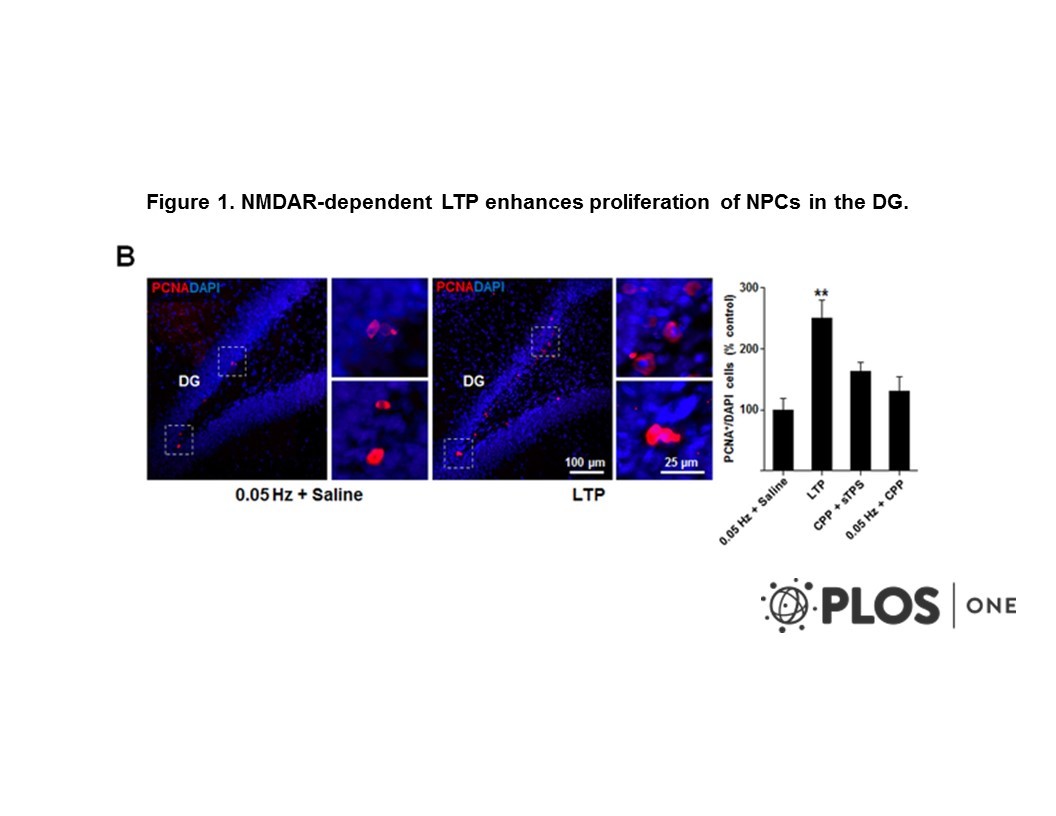Cat. #151148
Anti-PCNA [PC10]
Cat. #: 151148
Sub-type: Primary antibody
Unit size: 100 ug
Availability: 3-4 weeks
Target: Proliferating cell nuclear antigen, (PCNA), also known as cyclin or polymerase delta accessory protein
Class: Monoclonal
Application: FACS ; IHC ; IF ; IP ; WB
Reactivity: Human ; Insect ; Schizosaccharomyces pombe
Host: Mouse
£300.00
This fee is applicable only for non-profit organisations. If you are a for-profit organisation or a researcher working on commercially-sponsored academic research, you will need to contact our licensing team for a commercial use license.
Contributor
Inventor: David Lane
Institute: Cancer Research UK, London Research Institute: Clare Hall Laboratories
Primary Citation: Vojtesek et al. 1992. J Immunol Methods. 151(1-2):237-44. PMID: 1378473.
Tool Details
*FOR RESEARCH USE ONLY (for other uses, please contact the licensing team)
- Name: Anti-PCNA [PC10]
- Alternate name: Proliferating Cell Nuclear Antigen; DNA Polymerase Delta Auxiliary Protein; ATLD2
- Cancers detailed: Broadly Applicable
- Research fields: Cancer;Cell biology;Genetics
- Clone: PC10
- Tool sub type: Primary antibody
- Class: Monoclonal
- Conjugation: Unconjugated
- Molecular weight: 36 kDa
- Strain: Balb/c
- Reactivity: Human ; Insect ; Schizosaccharomyces pombe
- Host: Mouse
- Application: FACS ; IHC ; IF ; IP ; WB
- Description: This antibody can be used for grading of different neoplasms, e.g. astrocytoma. It can be of diagnostic and prognostic value.
- Immunogen: Protein A-PCNA fusion obtained from pC2T.
- Immunogen uniprot id: P04637
- Isotype: IgG2a
- Myeloma used: Sp2/0-Ag14
- Recommended controls: MDA-MB-231 cell line
Target Details
- Target: Proliferating cell nuclear antigen, (PCNA), also known as cyclin or polymerase delta accessory protein
- Molecular weight: 36 kDa
- Tissue cell line specificity: MDA-MB-231 cell line
- Target background: PCNA, also known as polymerase delta auxiliary protein, is essential for DNA replication and is involved in DNA excision and mismatch repair pathways. PCNA binds to the CDK inhibitor p21, the structure-specific endonucleases Fen1 and XPG, and DNA cytosine 5-methyltransferase (MCMT). PCNA is potentially a therapeutic target in cancer therapy and a useful marker for identifying the proliferation status of tumour tissue (i.e. relevant to prognosis).
Applications
- Application: FACS ; IHC ; IF ; IP ; WB
Handling
- Format: Liquid
- Concentration: 0.9-1.1 mg/ml
- Unit size: 100 ug
- Storage buffer: PBS with 0.02% azide
- Storage conditions: -15° C to -25° C
- Shipping conditions: Dry ice
Related Tools
- Related tools: Anti-PCNA, Recombinant [PC10]
References
- Pacaud et al. 2014. Sci Rep. 4:4230. PMID: 24637615.
- The DNMT1/PCNA/UHRF1 disruption induces tumorigenesis characterized by similar genetic and epigenetic signatures.
- Kuang et al. 2013. World J Gastroenterol. 19(39):6637-44. PMID: 24151393.
- Long-term potentiation promotes proliferation/survival and neuronal differentiation of neural stem/progenitor cells.
- Expression and significance of Musashi-1 in gastric cancer and precancerous lesions.
- Cho et al. 2013. PLoS One. 8(10):e76860. PMI...




